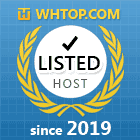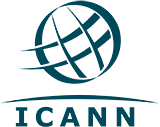A self-manageable website is one that allows owners and administrators to update and manage its content independently, without needing advanced technical knowledge or constant assistance from a web developer. This is achieved through a Content Management System (CMS) that offers an intuitive user interface and easy-to-use tools.
Features of a Self-Manageable Website:
- User-friendly Interface: CMS platforms like WordPress, Joomla, and Drupal provide a graphical interface that makes content management straightforward.
- Content Editing: They allow you to add, edit, and delete text, images, videos, and other types of content easily.
- Page Management: You can create new pages, reorganize them, and manage navigation menus.
- Templates and Themes: They offer a variety of templates and themes that can be customized to change the design and appearance of the site.
- Plugins and Extensions: You can add additional functionalities such as contact forms, online stores, SEO tools, and more.
- Updates and Security: CMS platforms typically offer regular updates to improve security and add new features.
Advantages of a Self-Manageable Website:
- Independence: Allows website owners to update content whenever they want, without relying on third parties.
- Cost Savings: Reduces the need to hire developers for simple updates.
- Flexibility: Makes it easier to adapt the site to the changing needs of the business.
- Continuous Improvement: Enables ongoing changes and improvements based on user feedback or new business strategies.
Popular CMS Examples:
- WordPress: One of the most popular and easy to use, ideal for blogs, business sites, and online stores.
- Joomla: More flexible than WordPress, suitable for more complex sites.
- Drupal: Very powerful and flexible, recommended for large projects with specific functionality needs.














